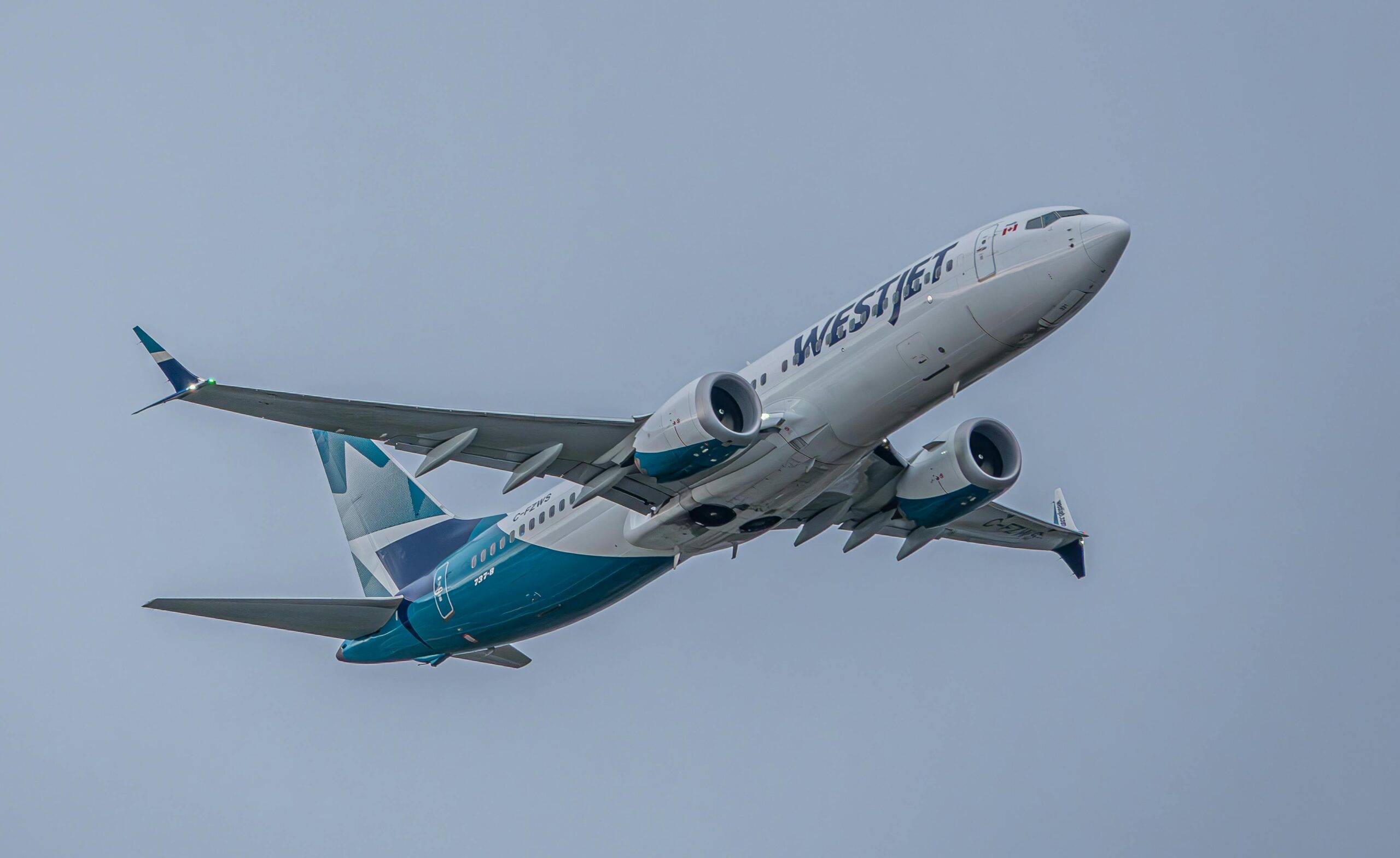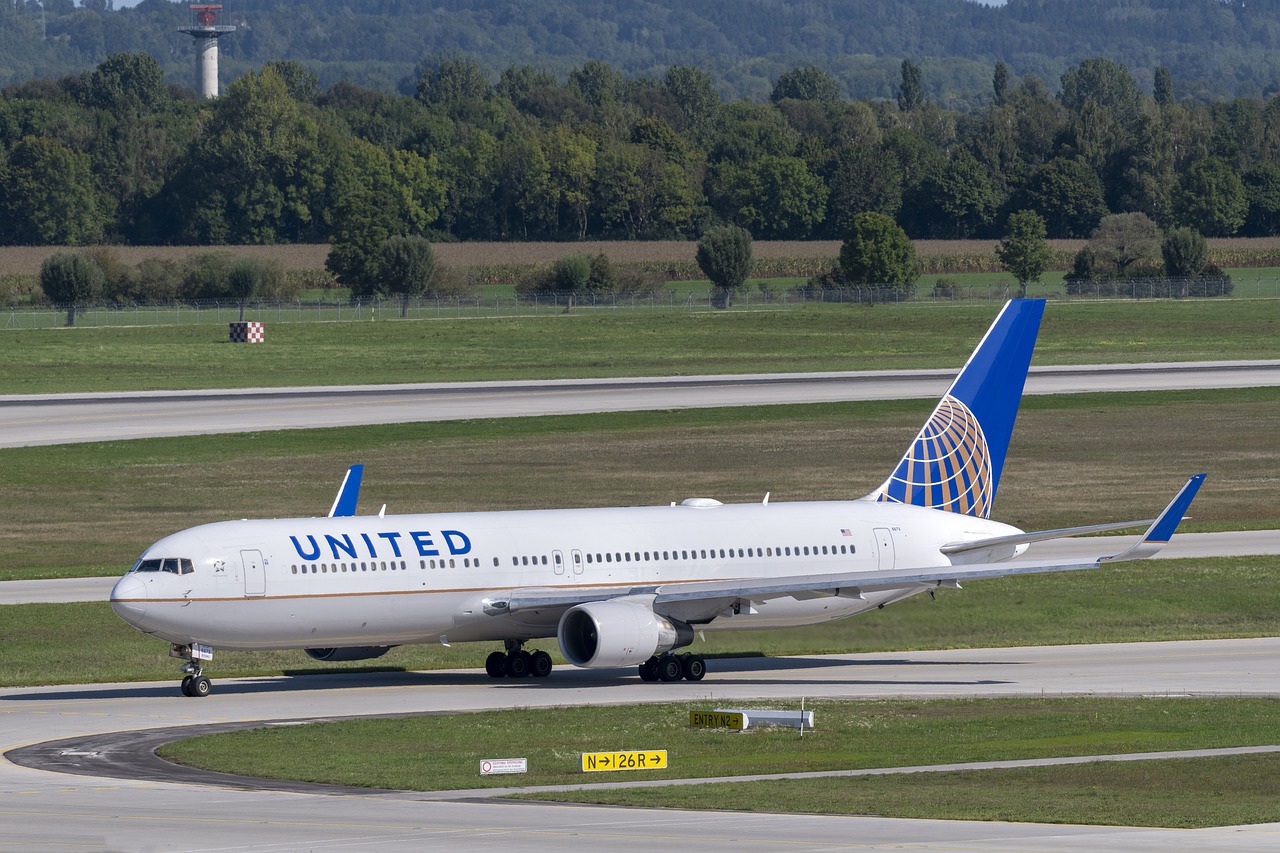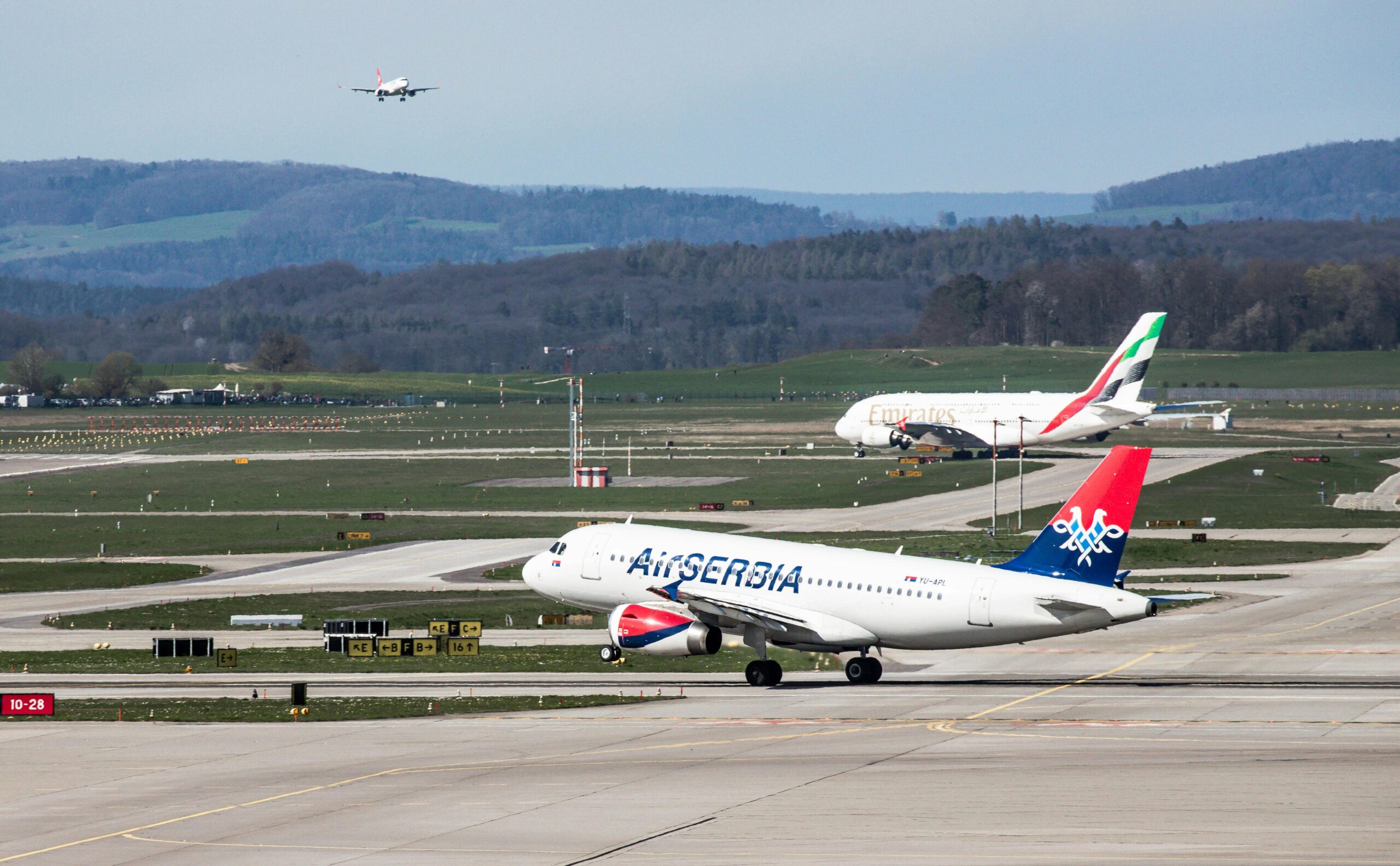Marriott International, a prominent player in the hospitality industry, recently unveiled its financial results for the second quarter, offering a nuanced perspective on its performance. The company’s revenue for the period stood at $6.44 billion, slightly below market expectations of $6.51 billion. Despite this shortfall, Marriott exceeded profit forecasts, boasting adjusted earnings per share of $2.50 compared to the anticipated $2.47.
Notably, the hospitality giant revised its full-year room revenue growth guidance, a decision that reverberated in the financial markets and impacted its share price during Wednesday’s trading session. The adjustment in projections underscores Marriott’s proactive approach to adapting to evolving market dynamics and economic conditions.
As investors and industry analysts assess Marriott’s financial standing, the company’s strategic maneuvers and operational resilience come into sharper focus. The interplay between revenue figures, profit margins, and growth projections offers a comprehensive view of Marriott’s positioning within the competitive landscape of the hospitality sector.
Beyond the numbers, Marriott’s financial report prompts a deeper exploration of the broader trends shaping the travel and hospitality industry. The company’s performance serves as a barometer for market sentiment, reflecting consumer preferences, economic indicators, and global developments that influence the sector’s trajectory.
In conclusion, Marriott International’s latest financial report serves as a springboard for insightful discussions on the intricacies of corporate performance, strategic decision-making, and industry outlook. By delving into the nuances of revenue generation, profit optimization, and growth trajectory, stakeholders gain valuable insights into Marriott’s resilience and adaptability in a dynamic business environment.
Related stories:
Catch up on the top stories and travel deals by subscribing to our newsletter!












Leave a Reply